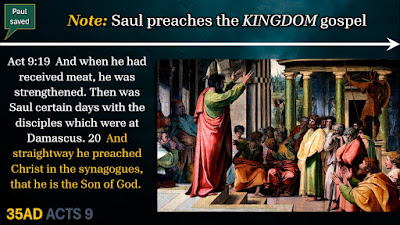A New Heart versus a New Man
Ezekiel 36:25-27 declares: “Then will I sprinkle clean water upon you, and ye shall be clean: from all your filthiness, and from all your idols, will I cleanse you. A new heart also will I give you, and a new spirit will I put within you: and I will take away the stony heart out of your flesh, and I will give you an heart of flesh. And I will put my spirit within you, and cause you to walk in my statutes, and ye shall keep my judgments, and do them.”
This passage belongs to Israel’s prophetic program. It is not addressed to the Body of Christ, but to the nation of Israel under the covenants and promises given to them. To understand it rightly divided, we must place it in its proper context.
Israel’s Prophetic Doctrine
The promise of sprinkling clean water is covenantal language tied to Israel’s purification. Under the Mosaic law, ceremonial washings were required for uncleanness (Num.19:17-19). Ezekiel’s prophecy points forward to a national cleansing when God will purify Israel from idolatry and prepare them to enter the kingdom.
This promise is directly echoed in the preaching of John the Baptist and Peter. John preached “the baptism of repentance for the remission of sins” (Mark 1:4), and Peter declared at Pentecost: “Repent, and be baptized every one of you in the name of Jesus Christ for the remission of sins, and ye shall receive the gift of the Holy Ghost” (Acts 2:38). In Israel’s program, water baptism was not symbolic but required for forgiveness, in line with Ezekiel’s prophecy of cleansing. It was the outward act of repentance and purification, preparing the nation to enter the promised kingdom.





















